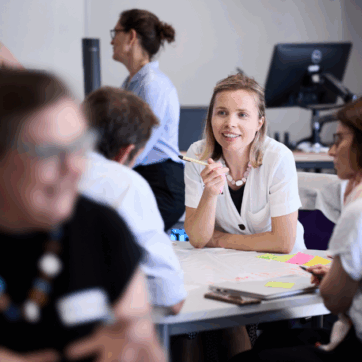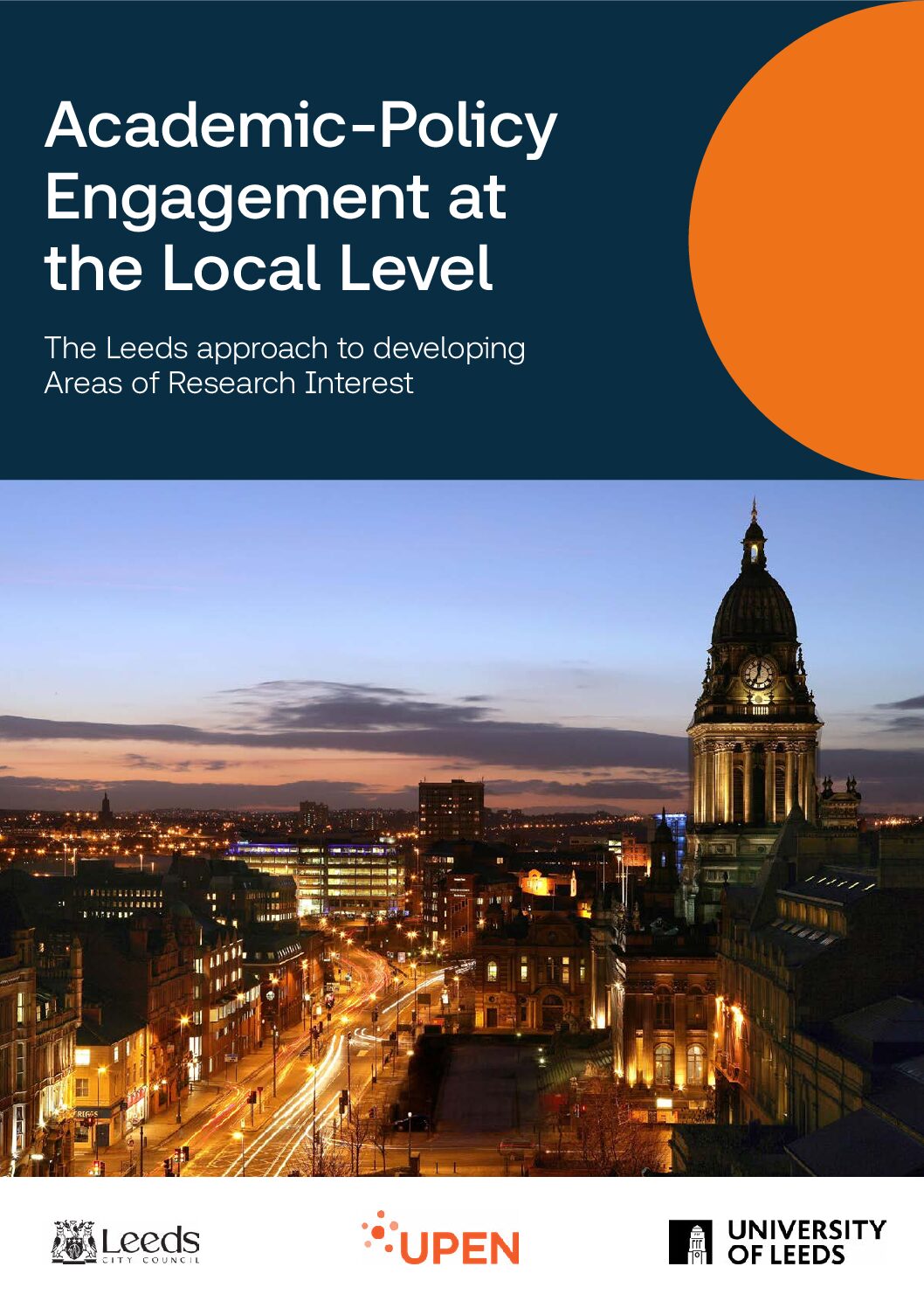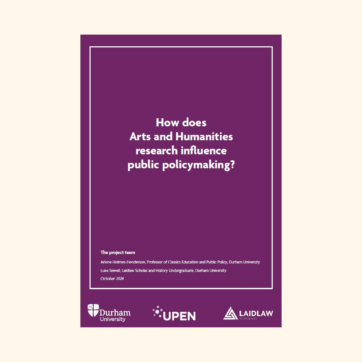In its session from 2017-2019, the House of Commons Liaison Committee explored the use of research evidence in Parliament and noted that there was a ‘lack of diversity in stakeholder engagement’, particularly in research expertise provided to select committees.
‘This appears to be particularly the case’, they concluded, ‘for the academic sector which is both underrepresented when compared to other stakeholder groups, and unrepresentative of the breadth of the academic research community.’*
One of the report’s recommendations to make it easier for the research community to engage with select committee scrutiny was the creation of documented and published ‘Areas of Research Interest’ (ARIs) in the same way that government departments now do. These could both act as a signal to academic communities as to broad areas of select committee interest and knowledge needs, and potentially form the basis for discussions with UKRI about funding schemes to support academic responses. Ultimately the publication of select committee ARIs would aim to maximise the opportunity for participation by the research sector and increase the diversity of research expertise feeding into the scrutiny process.
To support the implementation of these recommendations, and the development of the first ever select committee ARIs, CAPE worked with the Scrutiny Unit within the House of Commons Select Committee Team in Parliament to develop a Policy Fellowship to work on these priorities.
What is the Scrutiny Unit?
“The Scrutiny Unit supports select committees in the work of scrutinising government policy, expenditure and legislation. We have a financial team and legal team and a specialist/policy analyst team and other staff which offer advice on all of these issues. We’ll also continuously think of ways to improve scrutiny and offer guidance and learning across the Select Committee Team. We support academic policy engagement to some degree through facilitating fellowship schemes in Select Committees.”
Faten Hussein, Senior specialist, Scrutiny Unit House of Commons
Our CAPE fellow in this role is Rob Davies from UCL who works at CLOSER, the home of longitudinal research.
In his work in the Scrutiny Unit, Rob has led on the development of the first sets of ARIs with two select committees to better understand and assess how they can support parliamentary scrutiny. These ARIs do not replace calls for evidence by select committees however they may be used by parliamentarians and by parliamentary staff in the Parliamentary Office of Science and Technology, the Libraries and select committee teams to scope and/or inform future work. In this sense they are an important step in creating stronger linkages between academic research and policy.
- Areas of Research Interest International Development Committee
- Areas of Research Interest International Trade Committee
Rob shared some thoughts with CAPE about his fellowship thus far.
It’s early days but the first ARIs are promising in supporting more diverse engagement with select committees
“Looking at the response from the research community to the first ever select committee ARI, published by the International Development Committee, the fact that 40% of respondents had never engaged with Parliament before and virtually all had not engaged with that committee in the past I think it’s a good start to the ‘beyond the usual suspects’ measure. But in the context of system change, it’s still very early days. I’m hopeful though – the International Trade Committee has now published a set of five ARIs for 2021 to help support the Committee’s scrutiny of UK trade policy and we’re seeing a similar result with these – just under 50% of the academics responding so far have never engaged with Parliament in the past. And other select committees are now interested in developing their own ARIs, which is a positive signal.”
We need systemic mechanisms to drive progress in engagement
“Reflecting on my time so far, it’s clear to me that the constituent parts are all there (academics, research evidence, knowledge mobilisers, funders, inquiries, consultations, etc). The will, dedication and commitment is also all there, but the parts still don’t quite yet work together as well as they could and both academics and select committee teams are time and resource poor, so progress is slow. That’s why it’s important to focus on creating a range of vehicles for research evidence to feed into Parliament and systematic mechanisms which work for both communities.”
“There’s also more for research funders to do around incentives for academics and the research community to engage with the scrutiny process through select committee inquiries (and now ARIs!). This type of activity should be seen as important (if not more) than getting press coverage for a research paper and rewarded as such and inquiry submissions need to be recognised in the systems we use to demonstrate our work and impact (e.g Researchfish). Select committees could also do more to demonstrate when expert advice has been vital in their work, moving to ‘beyond citation’. This is something I am keen to explore during the remainder of my fellowship. ”
Fellowships are crucial in learning about each other’s world and culture
“Even though it’s only been a few months [of the fellowship] I’ve learnt a huge amount about the operations of select committees and the House service, become attuned to teams I didn’t know existed, and the experience has made me reflect on how I present research evidence to Parliament. The immersive nature of the fellowship has enabled me to gain a deeper understanding of the relationships, structures, cultures, language, traditions and practices of select committees and what more we in the research community can do to feed evidence into the scrutiny process. I have a deeper understanding of the challenges they face in performing their scrutiny role and how I and others can help address some of these. Ultimately, I feel incredibly privileged – whilst I haven’t had the opportunity to meet colleagues in person yet or physically walk the committee corridor, it’s been a unique experience that I will forever be grateful for.”
“More broadly, I think (hope!) I am also helping colleagues in the Select Committee Team and across Parliament to understand more about the culture of academia (the pressures, demands, challenges, and incentives of that environment) and I hope that my work during the fellowship to better understand what works will help to provide a solid platform and generate further opportunities for others to take forward in the future.”
*House of Commons Liaison Committee, The effectiveness and influence of the Select Committee system, Fourth Report of Session 2017–19
About CAPE
Capabilities in Academic Policy Engagement (CAPE) is a knowledge exchange and research project funded by Research England from 2020-2024, which has been exploring how to support effective and sustained engagement between academics and policy professionals. The project is a partnership between UCL and the Universities of Cambridge, Manchester, Northumbria and Nottingham in collaboration with the Government Office for Science, the Parliamentary Office for Science and Technology, Nesta and the Transforming Evidence Hub.
About CAPE case studies
CAPE case studies have been written by academics and policy partners on the CAPE project as reflections on their experience of undertaking academic policy engagement. The case studies include explorations of academic placements in policy organisations and vice versa (called Policy Fellowships), partnerships between universities and policy organisations, and collaborative projects between academics and policy partners.


